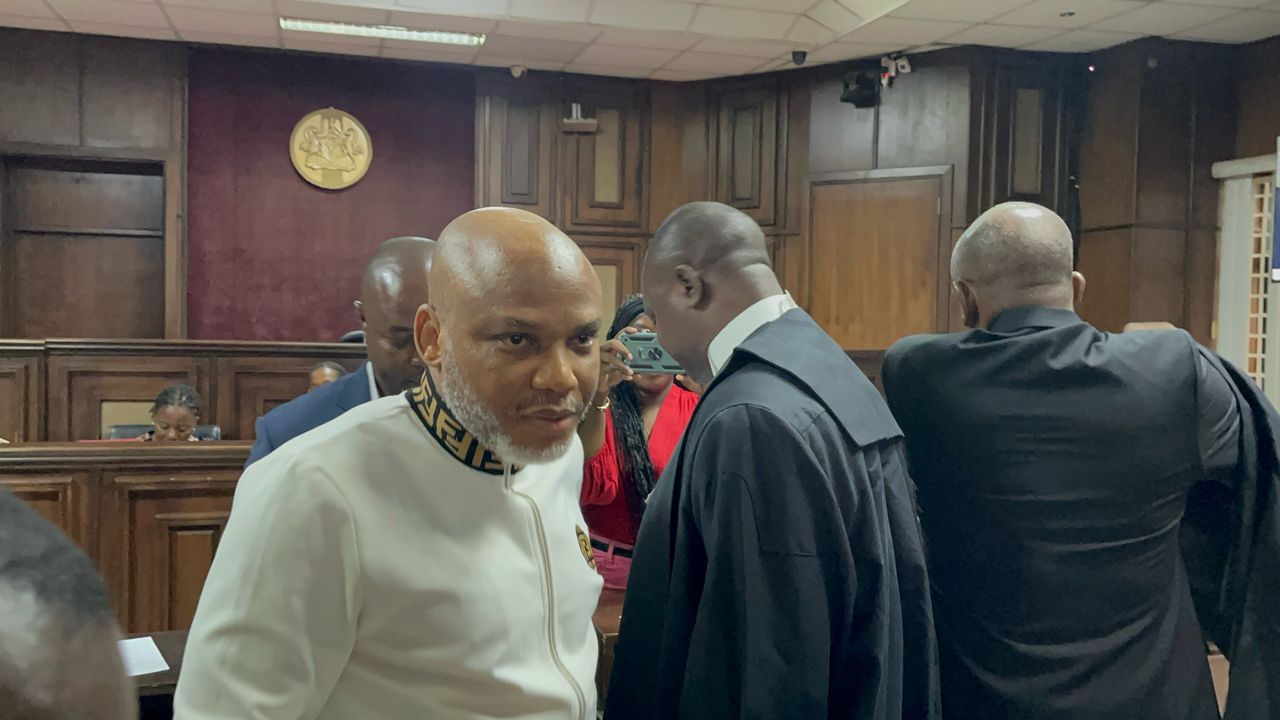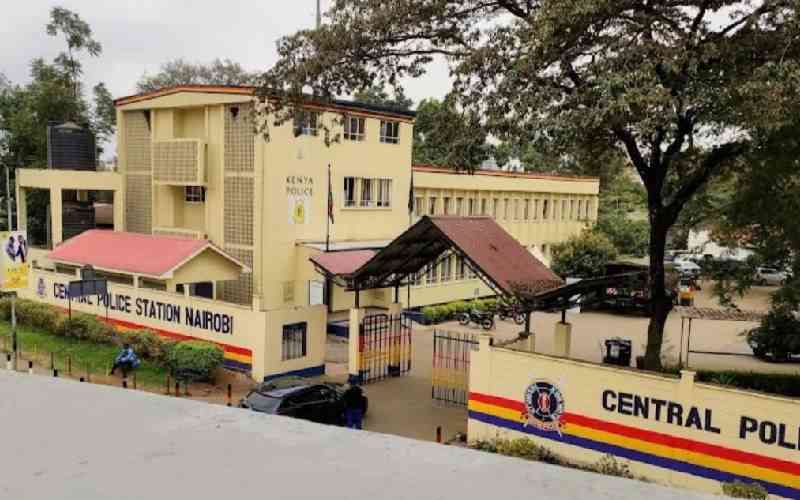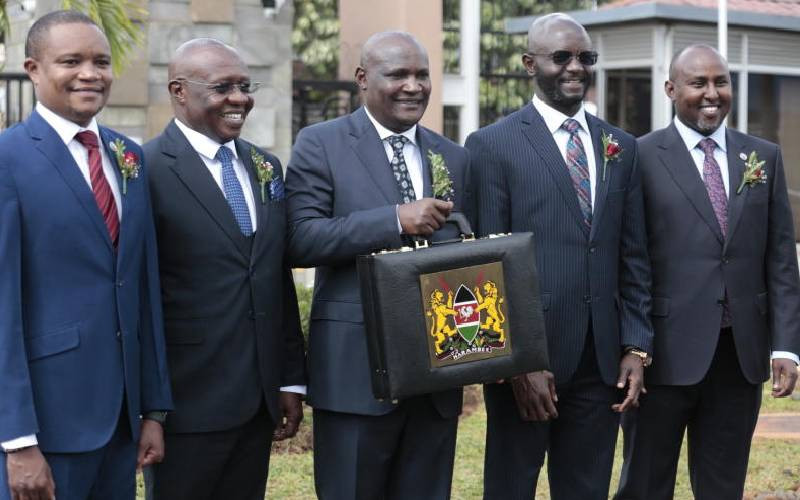Safaricom Denies Aiding Police in Albert Ojwang's Tracking
 Safaricom has publicly denied any role in the arrest of blogger Albert Omondi Ojwang, whose death in police custody – now ruled a murder – has ignited a nationwide outcry over police brutality and data-privacy abuse.
Safaricom has publicly denied any role in the arrest of blogger Albert Omondi Ojwang, whose death in police custody – now ruled a murder – has ignited a nationwide outcry over police brutality and data-privacy abuse.
Chief Executive Peter Ndegwa says the telco discovered Ojwang’s detention from news reports and insists the firm never shared customer data with security agencies, echoing growing calls from rights groups, and foreign missions for a credible, transparent probe.
“On the onset, Safaricom wishes to express our deepest condolences to the family and friends of the late Albert,” Peter Ndegwa said.
Ndegwa flatly dismissed remarks by former Attorney-General Justin Muturi suggesting the telco leaked Ojwang’s location, stressing there was “no contact” with police before or after the arrest.
He urged Kenyans to ignore attempts to “incite” them and instead press for accountability through an independent investigation.
Ojwang, 31, was picked up in Homa Bay on 6 June over an online post allegedly defaming Deputy Inspector-General Eliud Lagat and was later transferred to Nairobi’s Central Police Station.
A post-mortem found head trauma and neck compression, contradicting initial police claims he “hit his head on a cell wall.”
The Independent Policing Oversight Authority (IPOA) has named five officers in its murder probe, while CCTV at the station was reportedly tampered with.
President Ruto condemned the killing as “heart-breaking and unacceptable,” pledging a probe free from interference. He alone wields the power to dismiss the Deputy Inspector General at any moment.
Opposition leaders have demanded Deputy IG Lagat’s suspension, and activists continue daily vigils outside the station.
The US and UK embassies, along with local faith leaders, have pressed for swift justice, underscoring Kenya’s troubled record on extrajudicial killings.
Kenyan law lets investigators seek call-data records, but only with a court order; Safaricom says requests are logged, vetted, and disclosed in transparency reports.
Privacy lapses still haunt the brand: in February the Office of the Data Protection Commissioner fined the firm KSh250,000 for mishandling a customer’s ID image.
Digital-rights groups warn that ambiguous “national-security” requests can pressure telcos into covert cooperation, fueling distrust when deaths like Ojwang’s occur.
Safaricom says it welcomes oversight and will “continue to keep customer data safe, today and in the future.” Whether that assurance satisfies an angry public will depend on how swiftly investigators deliver justice for Albert Ojwang and clamp down on rogue officers.













